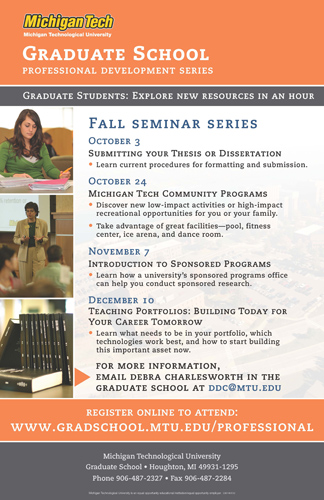Fellowships are available to currently registered students who have advanced to candidacy (by the time research begins) for the Ph.D. in the social sciences, physical sciences, technical fields and the professions as related to grassroots development issues. Applications for clinical research in the health field will NOT be considered.
Awards are based on both development and scholarly criteria. Proposals should offer a practical orientation to field-based information. In exceptional cases the IAF will support research reflecting a primary interest in macro questions of politics and economics but only as they relate to the environment of the poor. The Fellowship Program complements IAF’s support for grassroots development in Latin America and the Caribbean, and preference for those applicants whose careers or research projects are related to topics of greatest interest to the IAF. These include, but are not limited to, the following:
- Organizations promoting grassroots development among poor and disadvantaged peoples;
- The financial sustainability and independence of development organizations;
- Trends affecting historically excluded groups, such as African descendants, indigenous peoples, women, people with disabilities and young people;
- Transnational development;
- The role of corporate social responsibility in grassroots development;
- The impact of globalization on grassroots development;
- The impact on the quality of life of the poor of grassroots development activities in such areas as sustainable agriculture and natural resource management, housing, health care, education, urban development, technology transfer, jobs creation, and marketing and small-enterprise development.
Funding is for between four and 12 months. Research during the 2013-2014 cycle must be initiated between June 1, 2013 and May 31, 2014.
IAF’s Fellowships provide support for Ph.D. candidates to conduct dissertation research in Latin America and the Caribbean on topics related to grassroots development. The Inter-American Foundation expects to award up to 15 Doctoral Field Research Fellowships in 2012.
- A complete research prospectus – an application statement, a field research prospectus, a Curriculum Vitae (custom), and a Personal Statement;
- A letter of University Certification;
- A letter of affiliation from at least one host organization;
- Statement of IRB Status or proof of submission or approval;
- Graduate transcripts;
- Three academic letters of reference, one which must be from the chair of the applicant’s dissertation committee;
- A Language Proficiency Report.
Selected candidates must present proof of candidacy and IRB exemption or approval prior to receiving funding or entering the field. Complete application information and instructions are available at www.iie.org/iaf.
